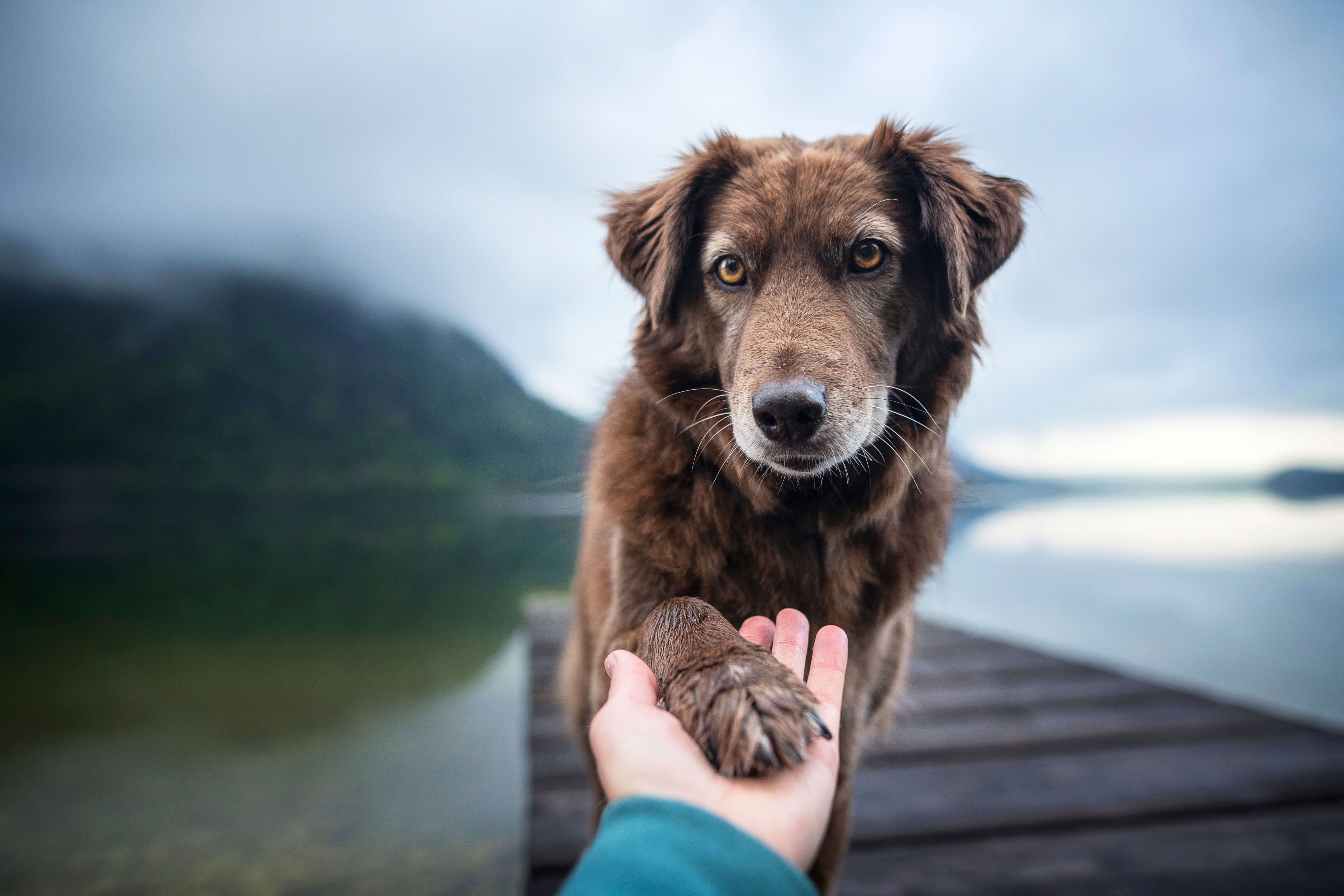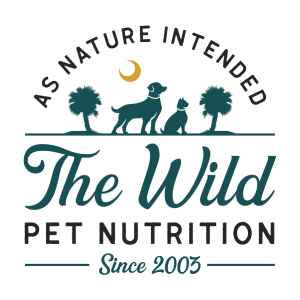Pancreatitis

What is Pancreatitis?
The pancreas is a gland with roles in both the endocrine and digestive systems, and serves two very important functions:
- It secretes insulin, which balances your pet’s blood sugar.
- It secretes digestive enzymes (amylase, protease & lipase) which help to break down carbohydrates, protein and fats respectively (1).
Pancreatitis is inflammation of the pancreas. It can vary from a mild, chronic condition to an acute, severe or even fatal episode. Symptoms can include vomiting, lethargy, anorexia & fever. It is recommended for acute, severe episodes to see a veterinarian quickly – hospitalization may be required at this stage. Once this passes, we can look at correcting one of the common causes of pancreatitis: the diet.
Most dogs and cats are fed primarily a dry, processed diet like kibble. Dry foods have to contain a minimum of 30% carbohydrate to be processed. If you look at a dog or cat’s digestive system, beginning with the mouth, you’ll see they’re designed to eat and digest mostly meat – and to a far lesser extent any carbohydrates. Since processed, dry foods that are high in carbs and starches no longer contain digestive enzymes, the pancreas must work harder than it should to produce the enzymes needed to break the food down. This can cause the pancreas to become inflamed.
What about Fat?
A common idea when treating pancreatitis is that these pets need a low-fat diet. In an Answers Academy class on Pancreatitis, Billy Hoekman explains what newer research is finding in relation to fat and pancreatitis. This research is finding that while higher triglycerides, or fat, in the blood are markers for pancreatitis – this seems to only be the case when a high fat diet is paired with a high carbohydrate diet, particularly a diet containing cooked, starchy carbohydrates. While triglyceride will also show up in the blood on a high fat, low carbohydrate diet, they will also leave the blood and be used by the body – and not result in pancreatitis. Fat alone is not the culprit with pancreatitis, and in fact, fat is just as essential as protein for the overall health of your pet (2).
How to Treat Pancreatitis…
When your pet is in the throes of acute pancreatitis it’s a good idea to fast them for 24-48 hours to rest their pancreas, then start them back on food by offering them a bland diet (3). It is a good idea at this time to keep their fat intake low. Canned foods such as Weruva’s Paw Lickin Chicken, Grandma’s Chicken Soup or Dave’s Restricted Bland Diet – Chicken & Rice would be a good choice during this time. Raw goat’s milk would also be a great food or supplement at this time since raw goat’s milk requires no work from the pancreas to be digested and also contains plenty of live enzymes (2).
Once the acute symptoms have subsided, a species appropriate, raw food diet such as Steve’s Real Raw Food, K9 Kravings, Answers, Primal, Tucker’s or Stella & Chewy’s Raw Diet would be the best choice to prevent any further bouts of acute pancreatitis. These foods are all complete and balanced, have an appropriate amount of fat and do not contain any starchy filler. Raw foods also naturally contain live digestive enzymes which will be less work for the pancreas. Digestive enzymes such as Nature’s Farmacy Digestive Enhancer or Probiotic Max can be added to the diet as well. Adding Primal Raw Goat’s Milk, Steve’s Raw Goat’s Milk Yogurt, Answer’s Raw Fermented Goat or Cow’s Kefir to your dog’s diet will continue to give their pancreas a rest for some of their daily calories and also help to provide the body with live enzymes.


